Search Results for Tag: TV
Africa’s digital TV switch – the continent is “woefully unprepared”
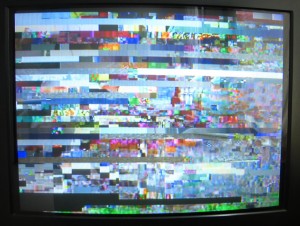 The switchover from analog to digital television broadcasting has already happened in various parts of the globe, bringing concrete benefits to viewers. In Africa, the digital switch is set for June. But a swathe of African countries are unprepared for the changeover. And many consumers on the continent are also confused about what the move to digital TV means. This could leave umpteen TV watchers sitting in front of blank screens, cut off from one of their main sources of information
The switchover from analog to digital television broadcasting has already happened in various parts of the globe, bringing concrete benefits to viewers. In Africa, the digital switch is set for June. But a swathe of African countries are unprepared for the changeover. And many consumers on the continent are also confused about what the move to digital TV means. This could leave umpteen TV watchers sitting in front of blank screens, cut off from one of their main sources of information
![]() read more
read more
What to wear reporting on camera
New TV journalists often wonder about the dos and don’ts of what to wear when reporting on camera. onMedia has compiled these tips from experienced DW TV reporters and news anchors Ben Fajzullin and Meggin Leigh.
DOS
Think about the background
The color of the background is important. You are going to disappear if you wear desert colors in a desert. Likewise, if you wear something dark at night, we will only see your head. In a studio, wearing green in front of a green screen or blue in front of a blue screen means your body disappears. By the way, red works better in front of a blue screen.
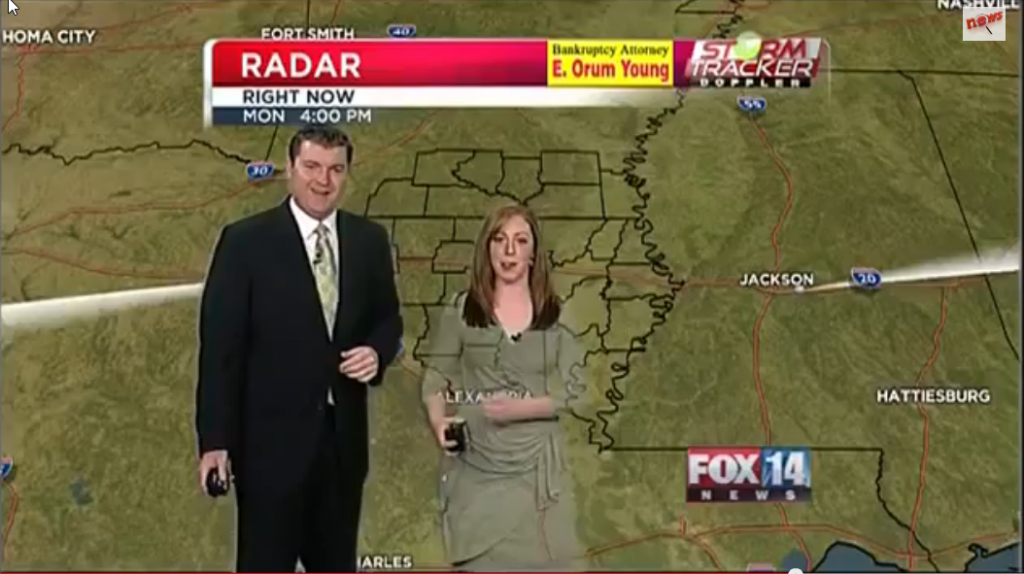
Notice how you can see the map behind the presenter through her clothes because she is wearing the same color as the screen behind her. You can watch the whole video here.
![]() read more
read more
Using compact cameras to make great TV
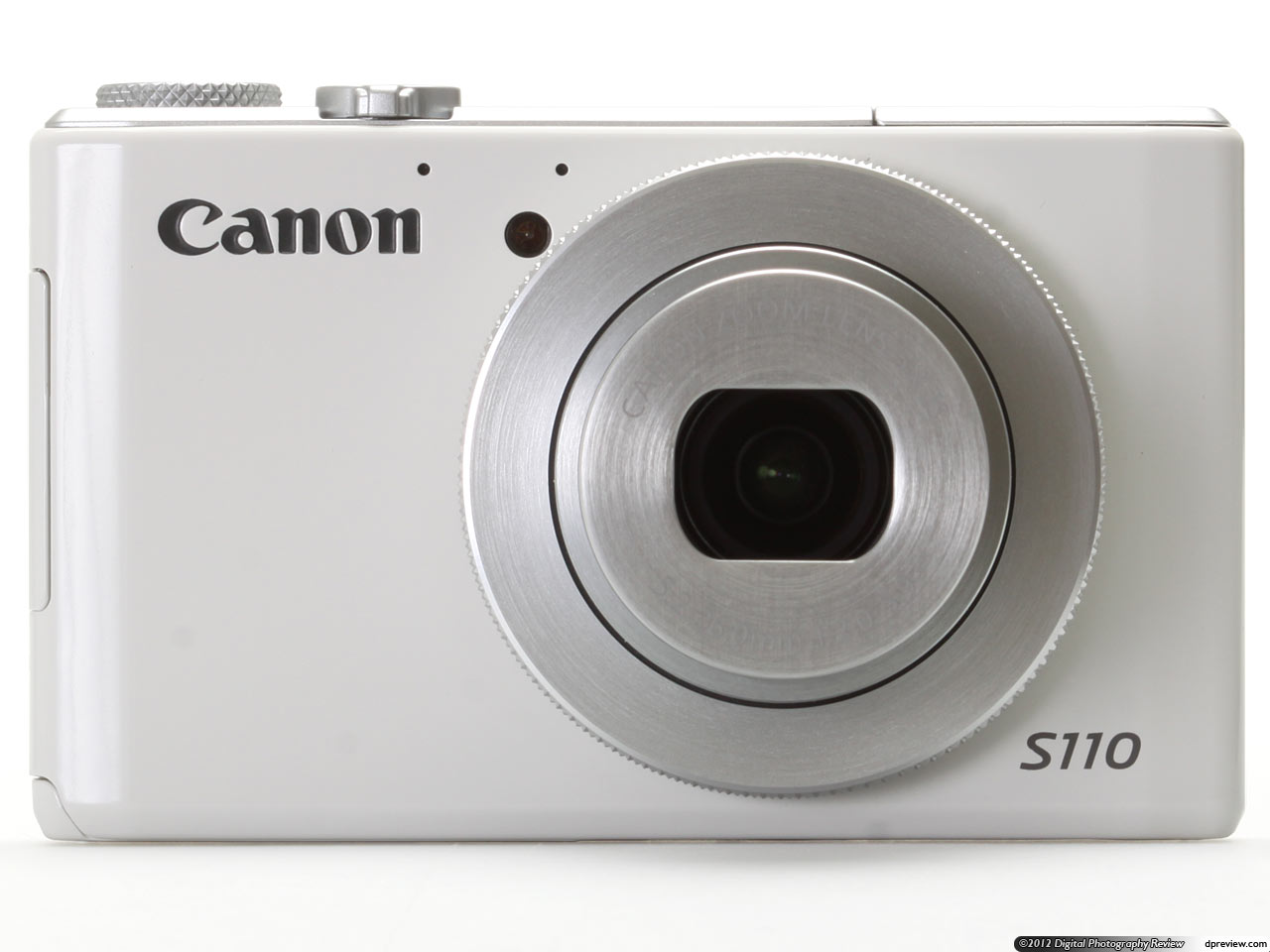 In previous onMedia posts, we’ve explored making video for the web using camcorders and mobile phones. But compact digital cameras are also making a big impact in television. They allow journalists to shoot video from unusual points of view and because of their smaller size, they also make it easier for camera operators to capture authentic footage and interviews.
In previous onMedia posts, we’ve explored making video for the web using camcorders and mobile phones. But compact digital cameras are also making a big impact in television. They allow journalists to shoot video from unusual points of view and because of their smaller size, they also make it easier for camera operators to capture authentic footage and interviews.
Among his equipment, professional cameraman and documentary filmmaker Christian Parkinson has a small point and shoot digital camera, which he uses to produce quality films for broadcast. He talks to onMedia about his experience of working with compact cameras.
![]() read more
read more
Tips for journalists reporting on camera
 When journalists first get in front of the camera to report from the field, they’re usually so worried about what hand to hold the microphone in or whether they should use a notebook that they can’t concentrate on what they want to say. To help calm those nerves, onMedia asked DW TV journalist and news anchor Ben Fajzullin to share the basics of what’s important when reporting on camera.
When journalists first get in front of the camera to report from the field, they’re usually so worried about what hand to hold the microphone in or whether they should use a notebook that they can’t concentrate on what they want to say. To help calm those nerves, onMedia asked DW TV journalist and news anchor Ben Fajzullin to share the basics of what’s important when reporting on camera.
![]() read more
read more
Using graphics in your video, and using them well
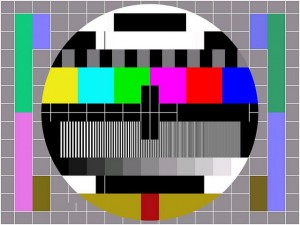
Photo: flickr/gywst
Infographics can enhance a visual story’s appeal and are extremely helpful in presenting complex information in an easy-to-understand way. Now, it’s easier than ever to use graphics in your videos thanks to more advanced and user-friendly software. OnMedia’s Kyle James takes a look at how a production team from Indonesia used graphics effectively in their award winning video feature.
![]() read more
read more
African Stories II: Compelling tales of daily life
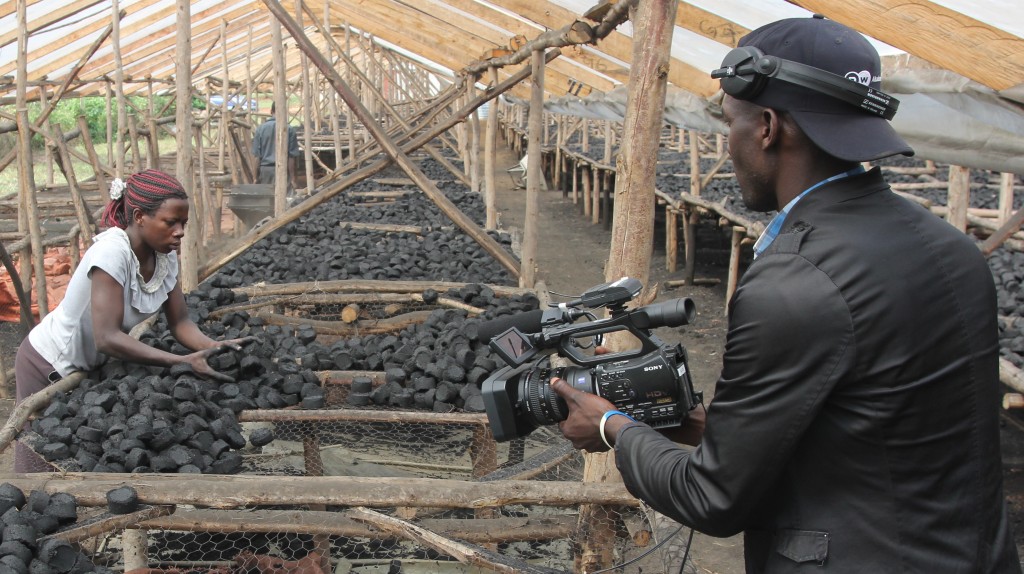 In the latest installment of African Stories, see how garbage is turned into energy, hear about the fight against a devastating banana disease and meet Kampala’s grandfather of electronics as well as an AIDS activist determined to speak out about the disease.
In the latest installment of African Stories, see how garbage is turned into energy, hear about the fight against a devastating banana disease and meet Kampala’s grandfather of electronics as well as an AIDS activist determined to speak out about the disease.
The feature reports were recently produced as part of the 2013 African Stories series of workshops for TV journalists, camera operators, cutters and technicians (scroll to the bottom of the post to see the videos).
TV stations from 16 English and French speaking African countries are taking part in the long-term project to sharpen their skills and at the same time, produce compelling stories about everyday people and everday lives in Africa (you can find out more about the African Stories project here).
In August, TV teams from Nigeria, Kenya, Tanzania and Uganda met in Kampala for an 11-day workshop. This time, the DW Akademie trainers stepped up the challenge by introducing techniques for filming with a moving camera – a skill that needs some practice.
![]() read more
read more
Histoires Africaines II: Le rap, les lasers, les poulets et du sel -un mix captivant
“C’est où votre péripétie?” demande Ramata Konaté. Ibrahima Keita la regarde. Il montre du doigt au mur où il a collé son story-board: “C’est ici que le ramasseur du sel compte ses bassines de sel.”
Nous sommes à Dakar en pleine session de formation. Quatre équipes de télé, venant de quatre pays différents, chacune composées d’un journaliste, d’un caméraman et d’un monteur se sont réunis pour suivre la première session du projet Histoires Africaines II.
C’est le dernier jour de préparation, demain les tournages commencent. Le but de ces deux semaines de formation: Tourner des grands reportages de qualité. Après des exercices de prise de vue et de longues discussions sur les sujets et leurs dramaturgies les participants ont planifié leurs tournages respectifs. Une fois sur le terrain la réalité en est une autre, mais nos équipes font preuve de la flexibilité et de l’acharnement. Ils montent leurs reportages jusque tard dans la nuit, s’appliquent pour écrire un texte pertinent et bricolent jusqu’à ce que le son d’ambiance colle à cent pour cent. Et voici quatre grands reportages réussis.
![]() read more
read more
Trainer recommendation: Adapter & MPEG Streamclip
“What software can I use for converting and compressing files?”
It’s a question trainers are often asked on broadcast and multimedia courses involving a lot of work with audio and video files.
Adapter and MPEG Streamclip are a good starting point. Both are free and work on either a PC or a Mac.
These tools are particularly useful as video or audio Swiss Army knives – between them they can handle just about any sort of file and convert or compress it to whatever size or format you need.
And both tools let you create a batch list if you have a lot of files to convert or compress at the same time.
![]() read more
read more
Different approaches to web video vox pops
The vox pop is one of those classic devices in a journalist’s storytelling toolbox. It’s a snapshot of public opinion about a given topic, and more often than not, a controversial one.
But when you take the vox pop online and use it within a multimedia story, or produce web video content, there’s the opportunity to be creative and offer more than just producing a simple series of talking head shots.
![]() read more
read more
Mic me up – working with microphones
What’s the right microphone to use?
It would be fair to say in our work across Africa, DW Akademie trainers see just about every type of microphone ever manufactured in use.
Whether it’s in a studio, plugged into a digital recorder or a video camera, we’ve seen and heard everything. From the most expensive specialist mics, to budget mics to microphones that are working antiques, lovingly maintained and still producing quality sound.
![]() read more
read more




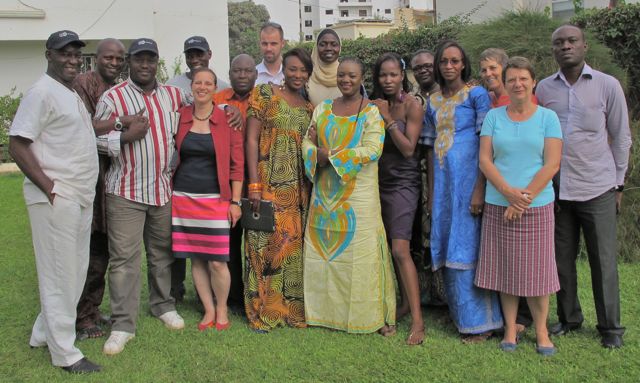
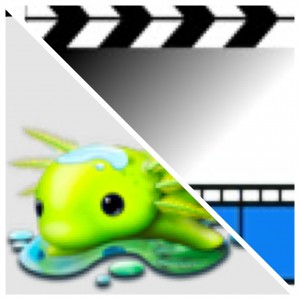
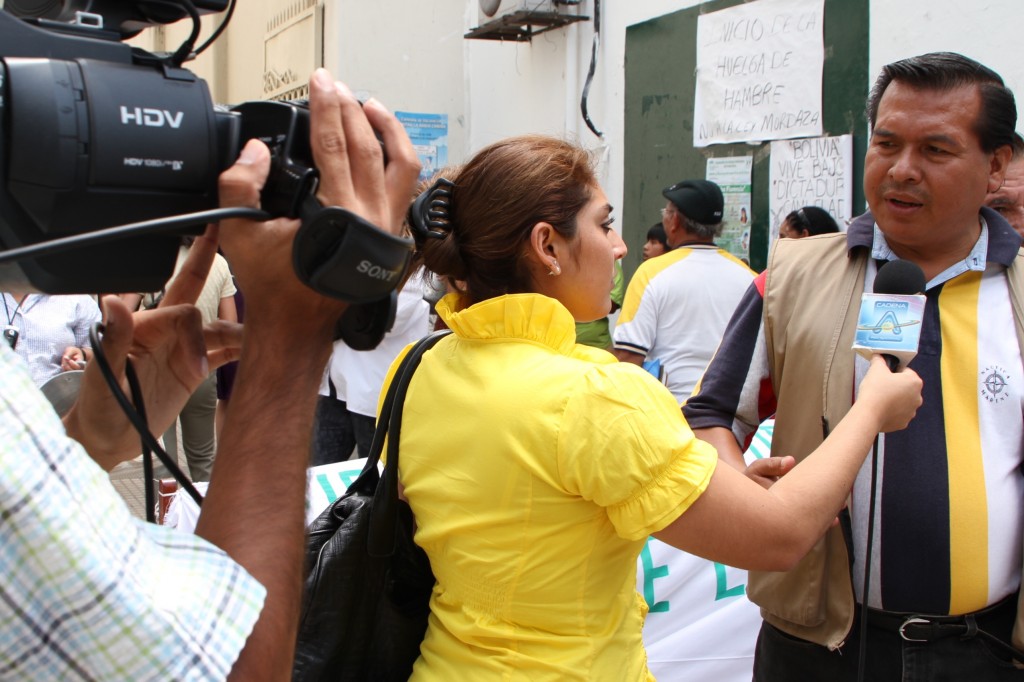





Feedback